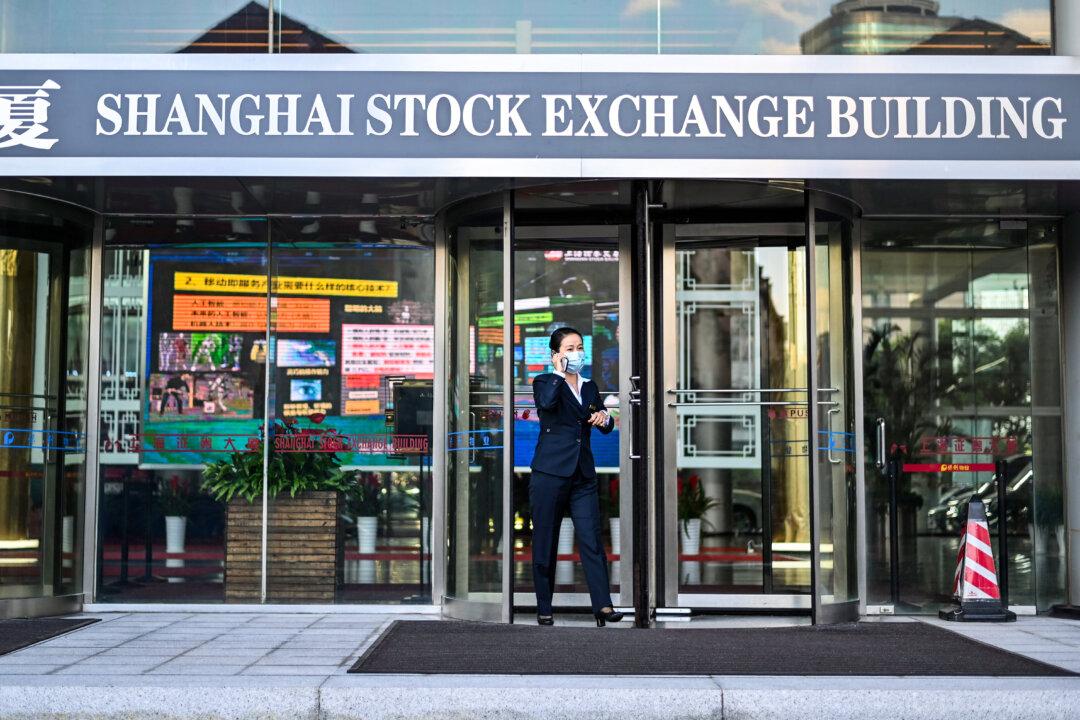China’s ruling Chinese Communist Party (CCP) has replaced the head of its securities regulator, as public anger grows over the Chinese stock market crash.
Meanwhile, the communist regime has resorted to administrative intervention to stop stocks from plunging.




